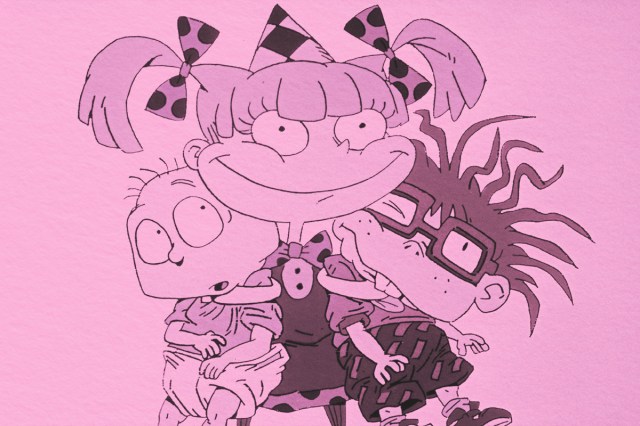
Imagine if the beloved Emmy-winning Nickelodeon cartoon Rugrats were called “Onesomething” instead — it just doesn’t have the same ring to it. Show creator Arlene Klasky considered that alternative title as a play on the popular TV series “Thirtysomething,” but she pivoted to Rugrats after a breakthrough while working from home with her young children. “Rugrats” isn’t necessarily a derogatory term, but she picked it for its edgy tone over a more neutral term, making it a dysphemism. According to Klasky, the playful name was perfect for a cartoon that saw the world through the eyes of mischievous babies.
“Rugrat” has been used since the late 1960s to describe a small child who is still crawling on the carpet. Even when used as a dysphemism, it’s more playful and comical than offensive. However, other dysphemisms are more disparaging.
As we talked about in a previous edition, a euphemism is a term chosen to soften the intent of an otherwise offensive or crude word choice. A dysphemism performs the opposite role. For example, your father might derisively call a doctor he didn’t like a quack, or you might dread visiting your friend’s dump of an apartment (we don’t recommend saying that to your friend). An old car can be a tin can or a money pit, yet you may need that transportation to get you out to the boondocks or to work in a hellhole. None of these terms are nice, but they are dysphemisms.
Tracing the ancient origins of the term “dysphemism” supports its modern use. It was derived from the Greek prefix dys-, meaning “bad, abnormal, or difficult,” and phēmē, meaning “speech, voice, or utterance.” While dysphemisms are often blunt and at times offensive, they can add flair, humor, and edge to communication — just be mindful of their potential to offend.

















